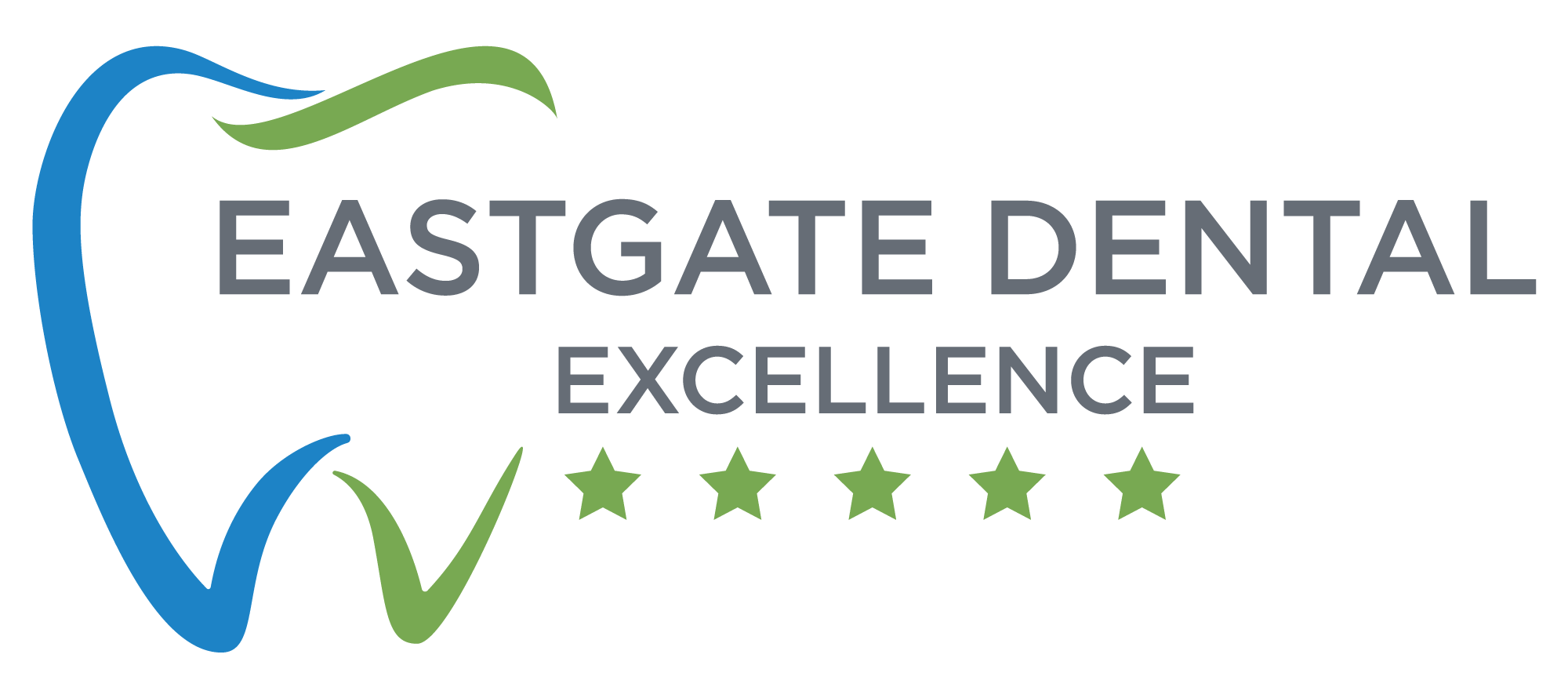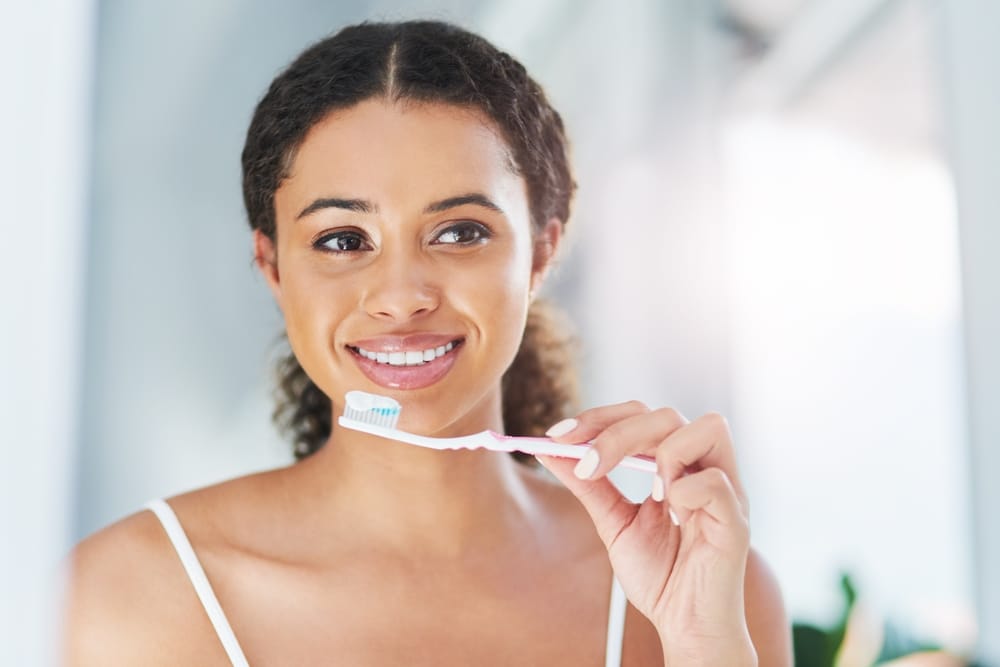Taking care of your teeth is crucial for maintaining good dental hygiene. Picking the right toothbrush has a big impact on your oral health. It helps stop you from having gum or enamel problems later on. If you have sensitive teeth or deal with plaque buildup, the right toothbrush can make a real difference. It can help with your daily brushing and make it work better for you. There are many toothbrushes available, so choosing one for your smile may seem challenging. This guide will help make it easier and help you pick a toothbrush that fits what you need.
How the Right Toothbrush Impacts Oral Health
The right toothbrush has a big effect on your oral health. When you pick one with soft bristles, it helps protect your gums and teeth from damage. It also helps you keep a good brushing technique, which is important for stopping gum disease and tooth sensitivity.
If you brush with too much force or use a brush that has hard bristles, you can damage your teeth. This may cause enamel erosion and leave your teeth feeling sore if the tooth root is exposed. That is why you need to choose a toothbrush that matches your oral health needs.
Using a toothbrush that fits your needs keeps your teeth and gums healthy and maintains your oral hygiene. This daily habit helps fight plaque, ensures a more profound and thorough cleaning, and allows you to reach all areas of your mouth. When you check these things, you can take better care of your smile and maintain good oral hygiene.
Common Mistakes People Make When Choosing a Toothbrush
Many people make mistakes by picking the wrong toothbrush. Some choose hard bristles thinking they will clean teeth better. However, hard bristles can cause gum tissue damage and lead to gum recession. They can even harm your enamel.
Many also forget about the need for soft bristles. Soft bristles are particularly important for individuals with sensitive teeth or delicate gum tissue. Not using them can make tooth sensitivity worse and make daily brushing painful. This is not good for your oral hygiene or your dental needs.
Another mistake is not thinking about the toothbrush head size. If the toothbrush head is too big, it might not reach areas like your back teeth. This means some parts may not get clean. For a better clean, pick a small toothbrush head. This is helpful if you need to keep plaque build-up away and need more targeted care daily.
By being aware of these common mistakes, you can make informed choices to care for your teeth and maintain better oral hygiene.
Key Features to Look for in a Toothbrush
Features such as bristle type, head size, and handle design play a big part in how well a toothbrush works. Soft bristles are the best choice. The gentle touch of soft bristles helps lower the chance of hurting your gums or wearing down enamel.
A toothbrush head that is compact lets you reach your back teeth and clean tight corners well. This makes sure all areas get a good cleaning. Handle design matters, too. Comfortable grips make it easier to hold, which helps people who may not have good manual dexterity, like kids or seniors. When you know about these features, you can handle your dental problems better.
Bristle Types: Soft, Medium, or Hard?
Choosing the right bristle type is important to keep your teeth and gums safe.
- Soft bristles: These are good for most people. They clean well but gently. This protects the gum tissue and tooth enamel.
- Medium bristles: These can work if you do not have problems with sensitivity. You still need to be careful and not brush too hard, as this can cause pain.
- Firm bristles: It is best not to use these. They can make enamel erosion worse and hurt sensitive gums.
Using soft bristles helps people have good oral hygiene. They are important for people with gum disease or tooth sensitivity. Soft bristles do not hurt the delicate spots, so you have better oral health over time. If you are not sure which type to use, you can talk to a dentist. They can help find your specific dental needs, depending on your gums and tooth enamel.
Manual vs. Electric Toothbrushes: Which Is Best for You?
Deciding between a manual toothbrush and an electric toothbrush depends on what you like and your own dental needs. Manual toothbrushes are good for people who already have a strong brushing style. They are a good choice for anyone who wants easy and affordable care. Manual toothbrushes do not need any extra tools.
For people who have trouble moving their hands or have limited manual dexterity, using a powered toothbrush can help. Features like pressure control make it easier and safer for your teeth and gums. Both types work well if you use them the right way. So, your habit of brushing matters more than the kind of toothbrush you use.
Pros and Cons of Manual Toothbrushes
A manual toothbrush can be great if you get a good brushing technique. These toothbrushes come with simple handle designs that almost everyone can use. But, if you don’t brush the right way, you may not get a thorough cleaning.
Look for the ADA Seal and go with soft-bristled brushes to have a safe routine. Picking a manual design helps people who want portability, too. This makes it a good and easy option if you want a toothbrush that works for you.
Benefits and Considerations of Electric Toothbrushes
Using an electric toothbrush can enhance your dental care routine. With rotation oscillation, these brushes are good for thorough cleaning. They are easy to use, especially if you have limited dexterity or wear braces.
Some electric toothbrushes have pressure sensors. These help you not brush too hard. This keeps your gums and enamel safe from harm. Many brushes also have timers. These remind you to clean your teeth for two minutes, so you get the most out of brushing and remove more plaque.
Still, electric toothbrushes can cost more. They also need batteries or charging. If you have specific dental needs, such as sensitive teeth, you may want to look for brushes with special settings. Pick the powered toothbrush that feels good to you and helps you reach your oral health goals.
Choose the Right Toothbrush
Selecting the right toothbrush is crucial for maintaining good oral health. You can find many types out there. To make the best choice, think about your own dental needs and what you like. If you have sensitive teeth, you may want a manual toothbrush with soft bristles. An electric toothbrush with features like pressure sensors and a small head can also help with thorough cleaning. Both types help you keep up with your dental hygiene. Always look for the American Dental Association seal of acceptance to ensure you are getting a safe and effective product. For more help choosing the right toothbrush, contact Eastgate Dental Excellence today.

